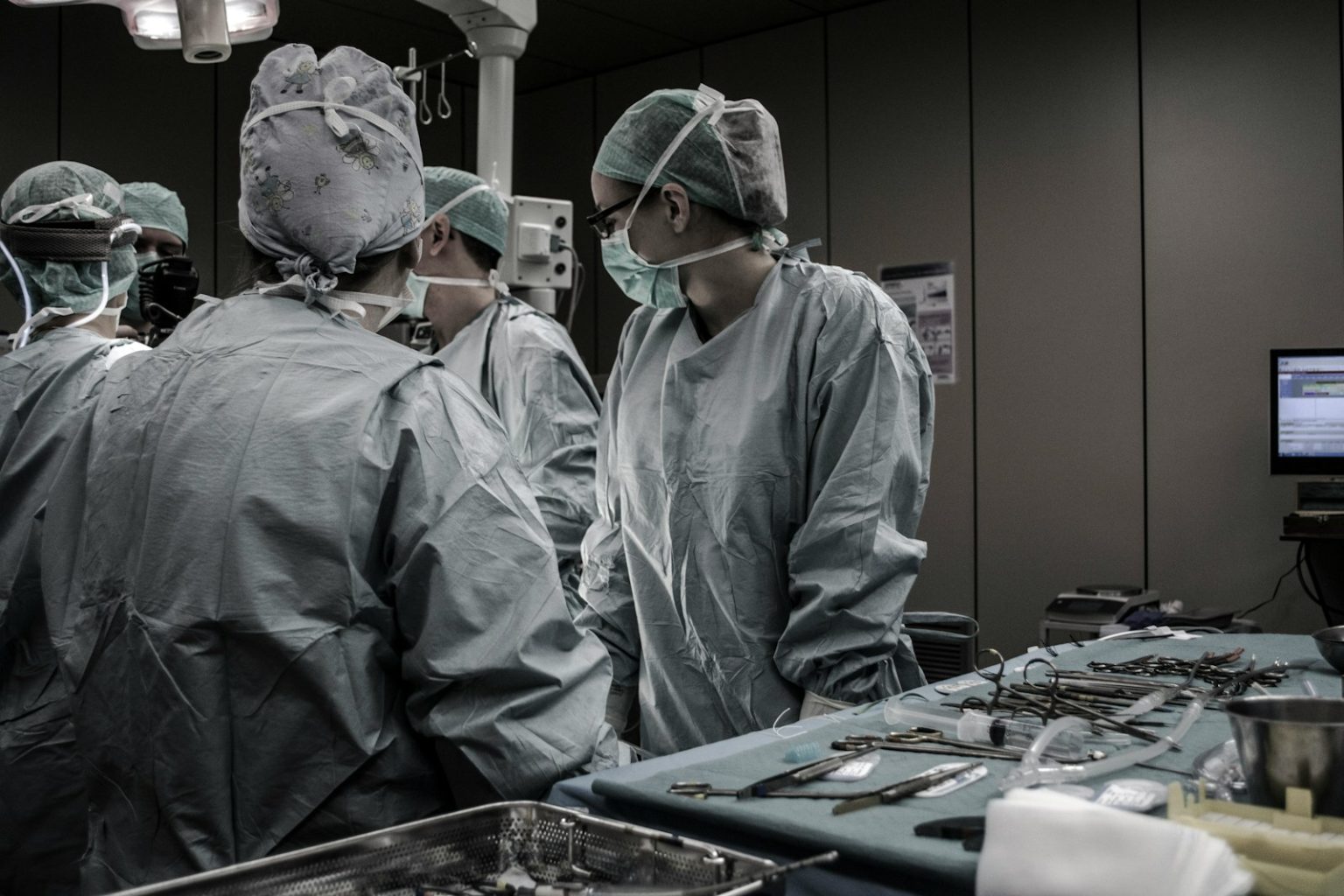Cardiac surgery has witnessed transformative advancements, significantly improving patient outcomes and expanding treatment opportunities. From minimally invasive procedures to the integration of robotic technologies, the field has continually adapted, improving both the precision of surgeries and the recovery times of patients. Furthermore, the role of technology, particularly in imaging and diagnostics, has been crucial in refining surgical processes and ensuring safer operations.
Despite these advances, challenges such as the high cost and accessibility of these life-saving procedures remain, raising ethical questions about healthcare equity. As the field evolves, Shamini Parameswaran discussed how ongoing research and technological developments are crucial to address these issues, ensuring that future advancements will continue to improve the lives of those affected by heart conditions.
Evolution of Cardiac Surgery
Cardiac surgery has undergone remarkable changes since its inception. The first successful procedures in the early 20th century paved the way for a series of innovative breakthroughs that have drastically improved outcomes for patients with heart conditions. From the development of the heart-lung machine to revolutionary techniques that allow surgeons to operate on a beating heart, the field has seen continuous improvements that highlight the importance of innovation in medical practices.
The changes in cardiac surgery are not just a chronicle of medical advancements but also a testament to the relentless pursuit of improving patient care. As surgical methods have progressed, they have opened the door to treatments for conditions that were once deemed untreatable. This ongoing shift is driven by a combination of technological advances, improved surgical techniques, and a more in-depth understanding of human physiology.
The impact of these surgical advancements extends beyond the operating room. They have reshaped healthcare, offering hope and improved quality of life to millions of patients worldwide. The commitment to advancing cardiac care continues to fuel research and development, ensuring that future generations will benefit from even more effective and less invasive treatment options.
Innovations and Advances in Cardiac Procedures
The introduction of minimally invasive and robotic-assisted techniques has dramatically reshaped the landscape of cardiac surgery. These technologies not only reduce the physical trauma associated with open-heart surgery but also shorten recovery times, allowing patients to return to their daily lives much quicker. Robotic systems, with enhanced precision and control, allow surgeons to perform complex cardiac procedures with smaller incisions, which was unthinkable a few decades ago.
Heart transplant technology has also seen significant strides, with advances in immunotherapy and organ preservation methods improving the success rates of these life-saving operations. The integration of sophisticated diagnostic tools helps in the precise assessment of donor hearts, ensuring better compatibility and outcomes for recipients. These improvements have substantially increased the pool of candidates who can now consider transplantation as a viable alternative.
Technological Impact on Cardiac Surgery
The advent of cutting-edge surgical tools and state-of-the-art equipment has revolutionized cardiac care. Surgeons are now equipped with technologies that provide superior visualization of the heart, enabling them to perform surgeries with greater accuracy. This precision is crucial in minimizing the risk of complications and enhancing the overall success rates of cardiac procedures.
Further advancements in software and imaging technology continue to push the boundaries of what is possible in cardiac surgery. Real-time 3D imaging and computer simulations allow for meticulous pre-surgical planning and simulations. The role of artificial intelligence is becoming increasingly prominent, assisting in everything from patient monitoring to predicting surgical outcomes.
Challenges and Ethical Considerations in Cardiac Surgery
While advancing, cardiac surgery faces numerous challenges, including how to handle common complications such as infections or heart failure post-operation. These issues require ongoing research and innovation to develop more effective prevention and management strategies. Additionally, the high cost of cardiac procedures poses a significant barrier, limiting access to necessary care for underprivileged populations globally. This disparity raises critical ethical questions about the allocation of medical resources and the right to healthcare.
Personal Stories from Cardiac Surgery Patients
Hearing from individuals who have undergone cardiac surgery often paints a vivid picture of the personal impact these medical interventions can have. Many recount their journeys from the fear and uncertainty pre-surgery to the relief and gratitude post-recovery, underscoring the profound effects on their quality of life. These stories not only highlight the technological successes of cardiac procedures but also emphasize the human element, reminding medical professionals of the lives they are impacting.
Looking Ahead: The Future of Cardiac Surgery
As we look to the future, the field of cardiac surgery is poised for even more groundbreaking developments. Researchers are continually exploring new procedures and treatments that promise to minimize the invasiveness of operations further while enhancing outcomes. The potential for growth in biotechnology, including tissue engineering and regenerative medicine, holds the promise of revolutionizing heart disease treatment by repairing damaged heart tissue or even growing new heart parts. The ongoing investment in research and technology will be pivotal in shaping the future of cardiac health care.

